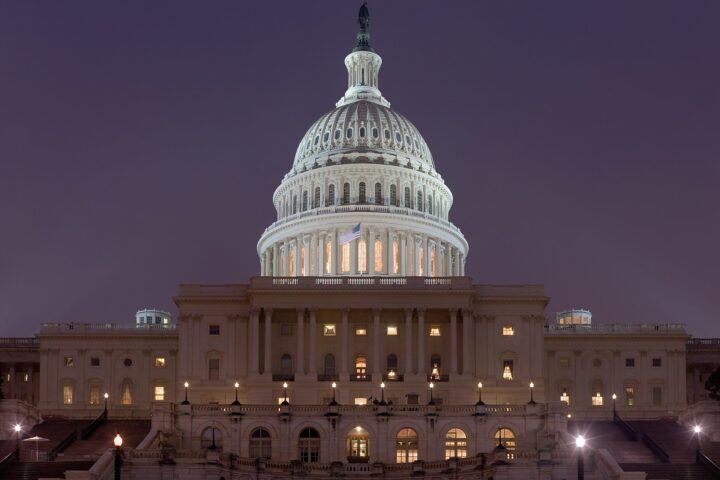Tuesday’s ruling in former President Trump’s New York civil fraud case reportedly increases the likelihood that he will lose control of some of his renowned properties and his ability to conduct business in the state.
A judge in New York ruled on Tuesday that state Attorney General Letitia James (D) proved key elements of her expansive case, thereby narrowing the scope of the trial, which is scheduled to begin on Monday.
Trump, two of his adult children — Eric Trump and Donald Trump Jr. — and their enterprises were found liable for fraud following a lawsuit filed against them by James’ office in September.
They have denied any misconduct and promised to appeal the verdict.
Trump listed his residence at Trump Tower on New York’s 5th Avenue as being 30,000 square feet, despite the fact that it is actually 10,996 square feet the judge ruled.
Engoron ruled that this lead to an overvaluation of between $114 million and $207 million.
At Trump Park Avenue, also in Manhattan, Engoron ruled that the former president inflated the value of multiple units based on the “false premise” that they were exempt from the city’s stringent rent control regime.
The attorneys for Trump countered that the units could become unrestricted in the future.
Trump allegedly overvalued by hundreds of millions of dollars Trump Seven Springs, located in New York’s affluent Westchester County, and 40 Wall Street, located in Lower Manhattan.
If an appeals court does not intervene, the Trump Organization’s assets will be liquidated within 10 days.
If permitted to stand, Engoron’s decision would effectively deny Trump the ability to conduct business in New York.
[READ MORE: James Carville Rips ‘Overeducated’ Liberals for Ruining Things for Democrat Party]








